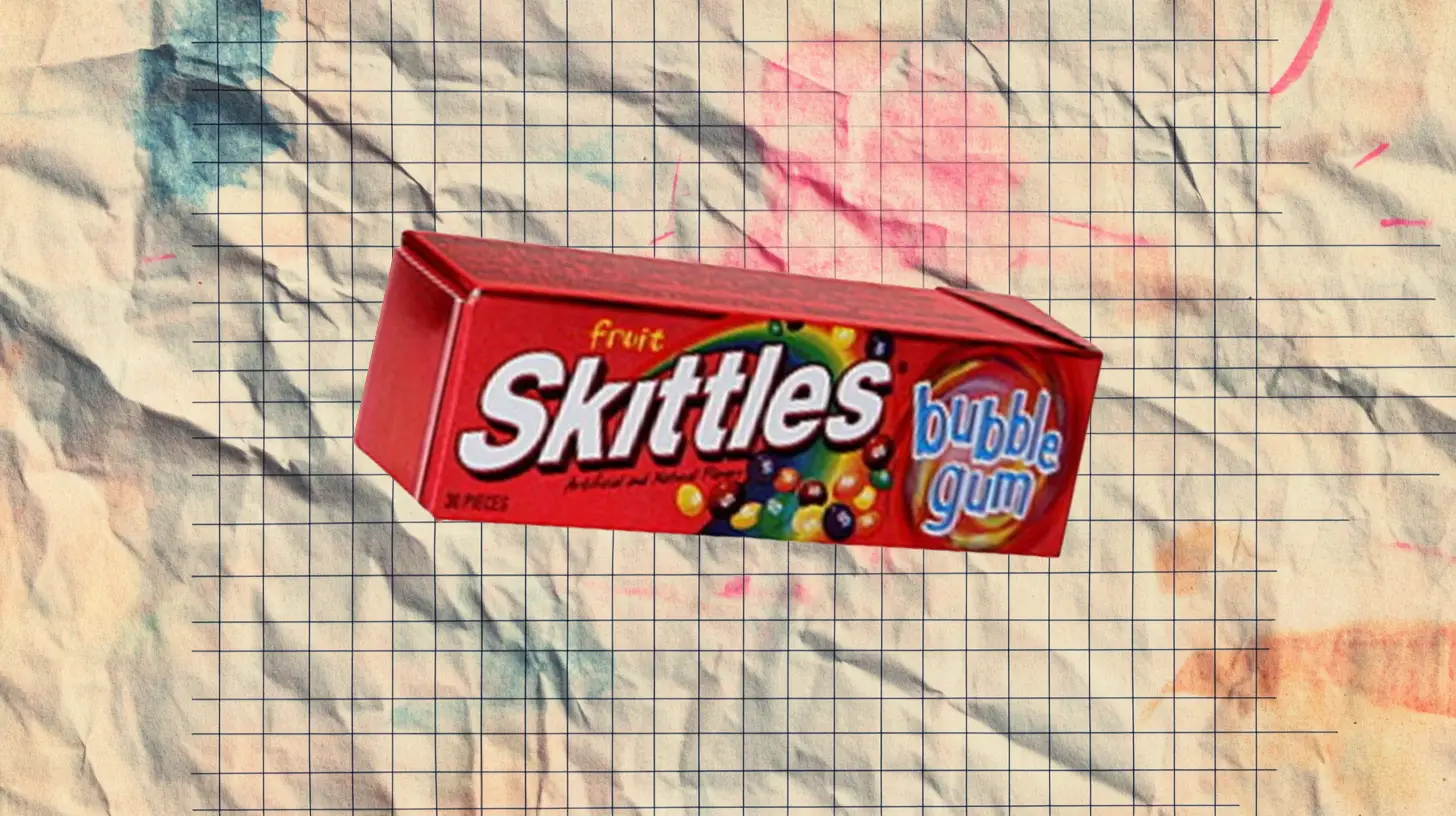Many beloved consumer products have been discontinued over the years, leaving fans nostalgic for their favorite snacks, drinks, and gadgets.
Here is a short list and history of some of the most famous discontinued products.

Originally marketed as a non-addictive morphine substitute and medication cough suppressant.

Revolutionary affordable automobile that put America on wheels and pioneered mass production techniques. The car survived for decades before it was discontinued.
That same year, the product similar to Oreos, Hydrox Cookies are release. Discontinued by Keebler in 1999.
Original chocolate sandwich cookie that predated Oreos but lost market dominance.
First mass-produced packaged cracker that revolutionized food packaging and marketing.

Nationwide constitutional ban on alcohol production, importation, and sale led to the rise of speakeasies and bootlegging.
First concept car in the automotive industry, influencing design trends for decades.
Innovative car with advanced safety features that faced controversy and legal troubles.


A pioneer in frozen foods. Swanson's was around for many decades giving families an easy convenient meal.
Concept for a home computer that was far ahead of its time, demonstrating early visions of personal computing.
Highly anticipated but ultimately unsuccessful car line that became synonymous with corporate failure.
Chrysler's mid-range brand that fell victim to internal competition and changing market conditions.
Innovative rear-engine compact car that faced controversy after Ralph Nader's critique in "Unsafe at Any Speed."
Influential computer system designed for time-sharing, notably used for the Multics operating system.
Ambitious supersonic transport project canceled due to environmental concerns, high costs, and lack of commercial viability.
Iconic muscle car that defined the genre but fell victim to rising insurance costs and the 1970s oil crisis.

Sony's higher quality but ultimately unsuccessful competitor to VHS in the home video format wars.
Short-lived product that failed due to impracticality and criticism of its marketing approach.
Durable children's toy record player that became obsolete with the rise of cassette tapes and digital music.

Popular discontinued candy bar based on the famous baseball player Reggie Jackson.

Iconic gull-wing door sports car that gained cult status after featuring in the "Back to the Future" films.

An ice cream that was discontinued after more than four decades.

A now discontinued cereal based on the famous TV show in the 80s featuring Mr. T.

Controversial reformulation of Coca-Cola that led to public outcry and the return of the original formula.

A discontinued and short lived breakfast soda with higher caffeine content that failed to find its market.

Early personal digital assistant (PDA) by Apple (a computer, not a 90s discontinued food) that, despite its innovations, struggled with handwriting recognition issues.
Popular handheld digital pet that became a global phenomenon before fading from the spotlight.

Taco Bell's collaboration with Lunchables in the late 1990s created a now discontinued Luchables, but fondly remembered taco kit that allowed kids to assemble their own mini tacos or nachos with branded ingredients.
Chester's Cheese Doritos, a 1995 collaboration that merged Cheetos' distinctive cheese flavor with Doritos' crunch, disappeared within a year despite creating a unique snack crossover experience that some fans still remember fondly.
Colorful, translucent all-in-one computer that helped revitalize Apple's brand and popularize USB.

Two-wheeled, self-balancing personal transporter that failed to revolutionize urban transportation as intended.
The long-running Honda Prelude was also discontinued that same year.
.webp)
The opium scented perfume is discontinued.

Skittles Gum, released in 2004, was discontinued in 2010 after consumers complained about its rapidly fading flavor despite the product's innovative fusion of candy and gum.
High-definition optical disc format that lost the format war to Blu-ray.

In 2008, Archway Cookies filed for bankruptcy due to accounting fraud allegations leading to many of its cookies discontinued.
Ambitious real-time collaboration platform that struggled with user adoption and clarity of purpose.

The popular lego set was discontinued in 2010.
Popular pocket-sized camcorders rendered obsolete by improving smartphone cameras.

The Toyota FJ Cruiser, a retro-styled SUV designed for off-road enthusiasts with a distinctive design that paid homage to the classic FJ40 Land Cruiser, was discontinued in 2014.
Microsoft's mobile operating system that struggled to compete with iOS and Android.
That same year the long running Pop-Tart grape flavor was discontinued.
Ambitious multi-device wireless charger that faced technical challenges and never made it to market, this after the iPhone XS was discontinued.
Facebook's video calling devices that struggled to compete in the smart home market.
Short-form mobile video platform that failed to attract subscribers despite significant investment.

Thanks-A-Lot Girl Scout cookies were discontinued in 2021 after 15 years, disappointing many loyal fans.

The iconic Louis Vuitton released in 1930 is discontinued.

Monster Energy announces that it will be discontinuing six of their flavors. A continuing trend in discontinued energy drinks.